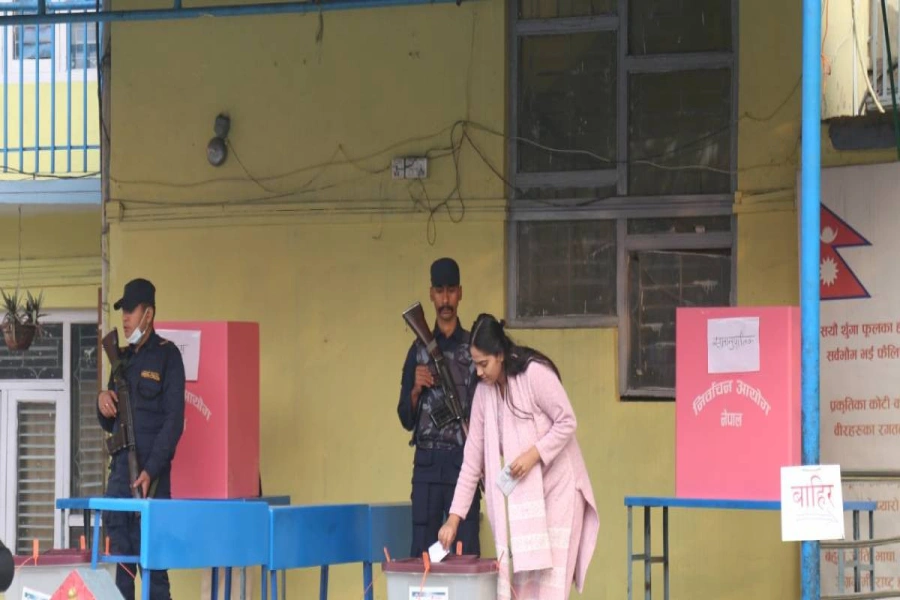KATHMANDU, March 3: The government is negotiating the preferential trade agreement (PTA) with Bangladesh, persuading Bangladesh to remove an array of duties and charges that it levies over and above basic customs duties on products of export. Ministry of Industry, Commerce and Supplies (MoICS) and South Asia Watch on Trade, Economics and Environment (SAWTEE) jointly organized a program on Sunday on Nepal-Bangladesh trade and connectivity.
According to Posh Raj Pandey, chairman of SAWTEE, PTA is particularly necessary to remove an array of high tariff and para-tariff barriers in Bangladesh on goods of export from Nepal.
Nepal signs historic agreement to export energy to Bangladesh

Kishore Pradhan, Vice-President of Federation of Nepalese Chambers of Commerce and Industry (FNCCI) said that, “Nepal's priority should be to get concessions on products where Bhutan has already secured concessions from Bangladesh. Delays in releasing letter-of-credit payments from the Bangladeshi side should also be addressed.”
While basic tariffs in Bangladesh average 25 percent on agricultural and food products of interest to Nepal, para-tariffs raise the total border tax rate to more than 90 percent on key products.
Navraj Dhakal, Joint Secretary of MoICS, said “Government has its sights set on securing concessions on around 20 products, adding that the goal is to have a 'package deal' that addresses not just tariff barriers but also para-tariff barriers, besides issues concerning standards, customs valuation and business visa, among others.”
Traders exporting to Bangladesh have called for a provision for visa-on-arrival for Nepalis entering Bangladesh via the land route. They also urged the Nepal government to ensure better transit-transport connectivity between Bangladesh and Nepal, pointing out that the Fulbari-Bangalabandh route, originally meant for Nepal-Bangladesh trade, has become congested as it now has to also serve Bhutan-Bangladesh trade and India-Bangladesh trade, with Bhutanese cargo getting priority in clearance.




































